Clothing

Dressing Joan Sutherland
One of the most spectacular costumes on display in the exhibition The People’s House: Sydney Opera House at 50 is an extraordinary Renaissance dress designed by Kristian Fredrikson and worn by Dame Joan Sutherland in the part of the notorious Lucrezia Borgia
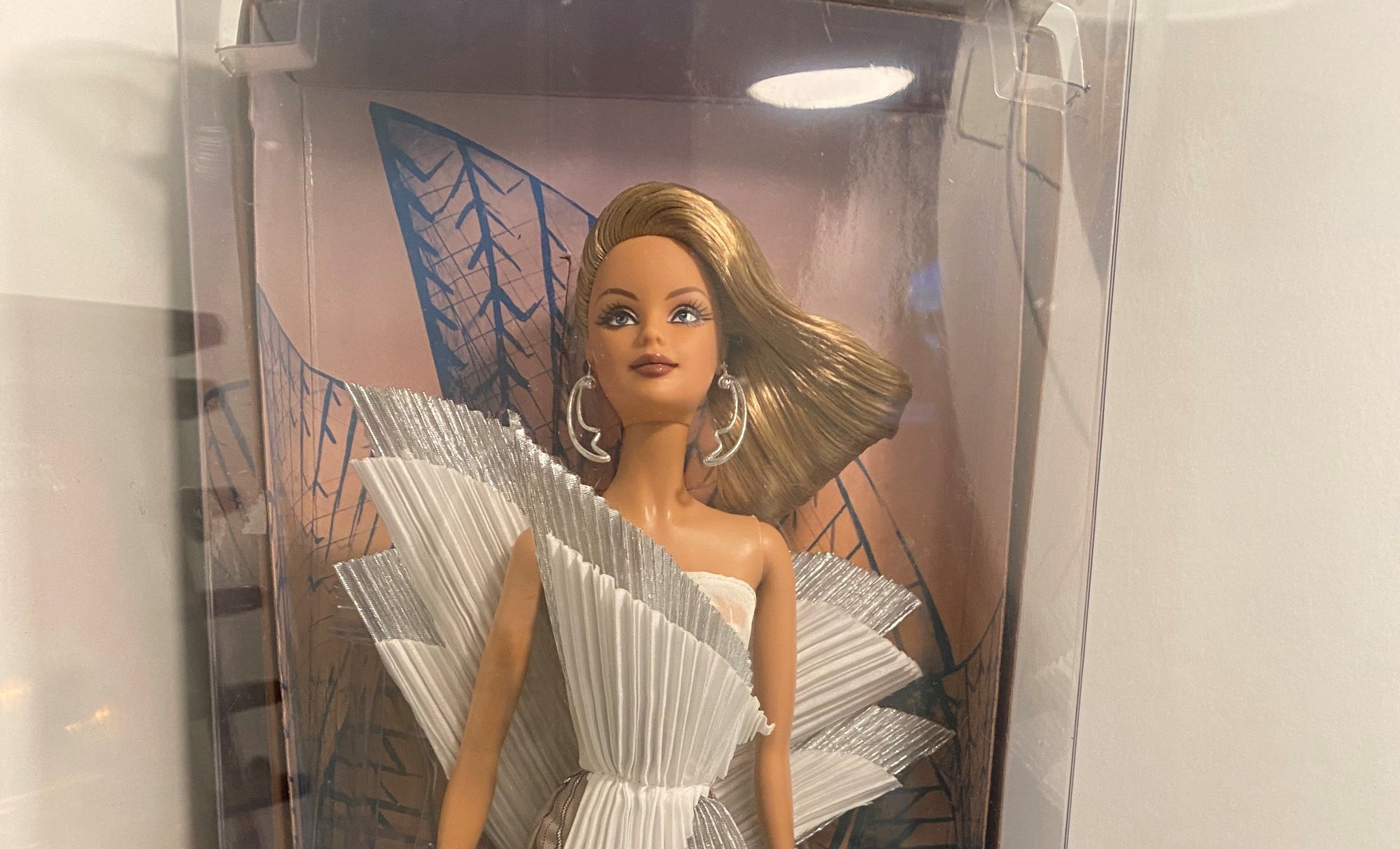
An icon wearing an icon: Sydney Opera House Barbie
Stepping away from her signature pink, Barbie honours the Sydney Opera House with more subtle tones in her gown, that reflect the Opera House and its Harbourside location
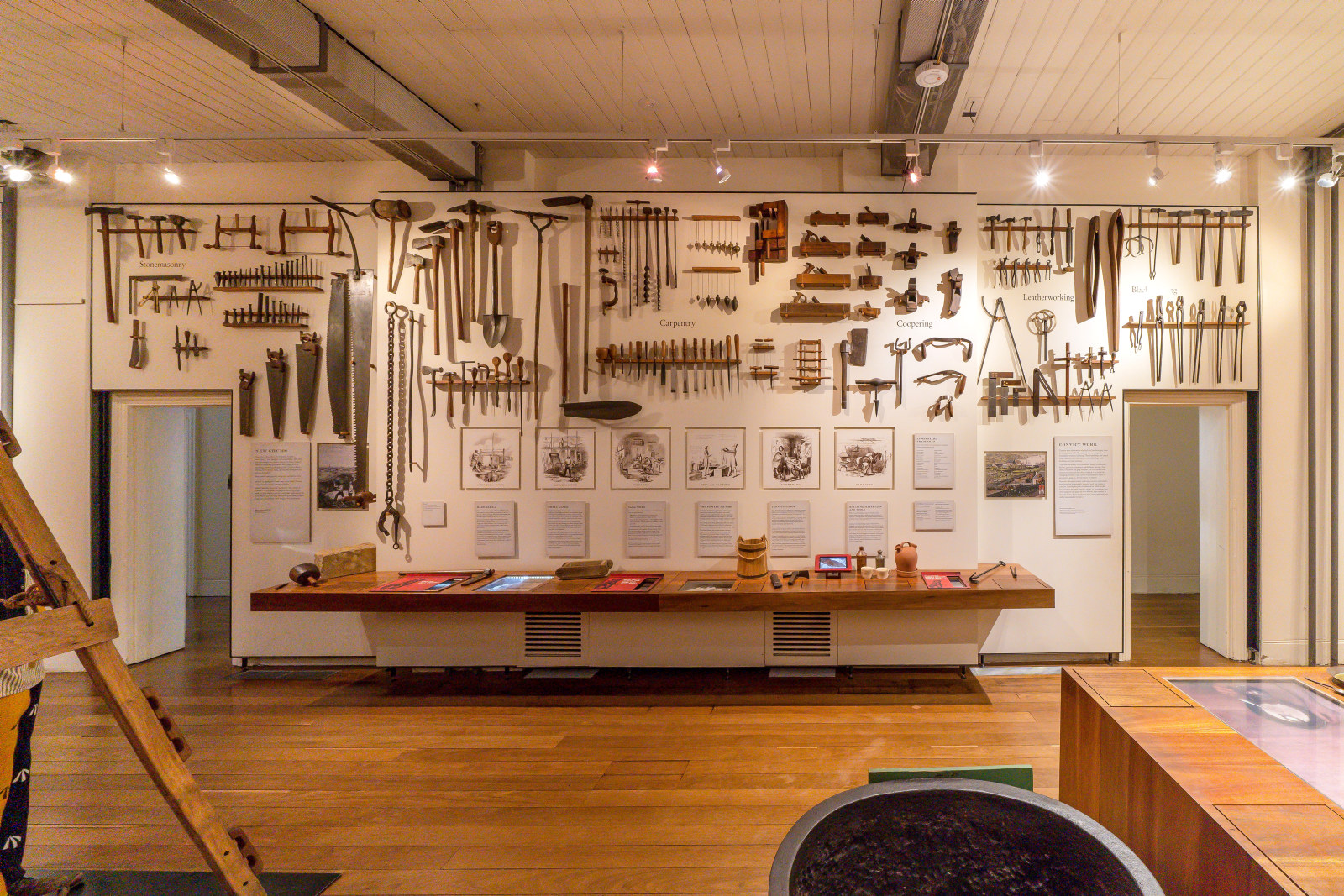
Convict Sydney
Objects
These convict-era objects and archaeological artefacts found at the Hyde Park Barracks and The Mint (Rum Hospital) are among the rarest and most personal artefacts to have survived from Australia’s early convict period
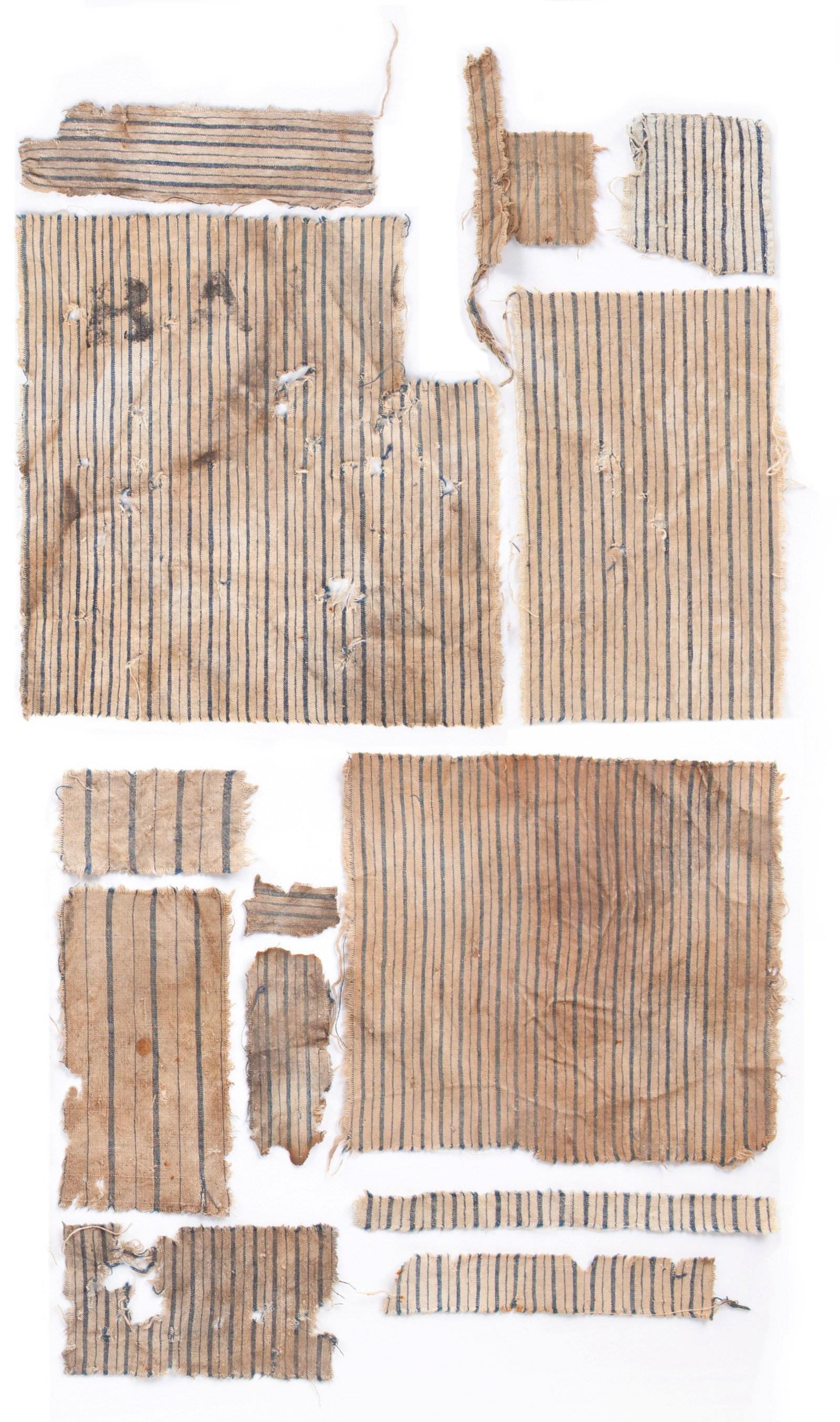
Convict Sydney
Convict shirt scraps
Deliberately torn into squares and strips, these scraps of convict shirt suggest that some convicts were recycling old clothing for new purposes
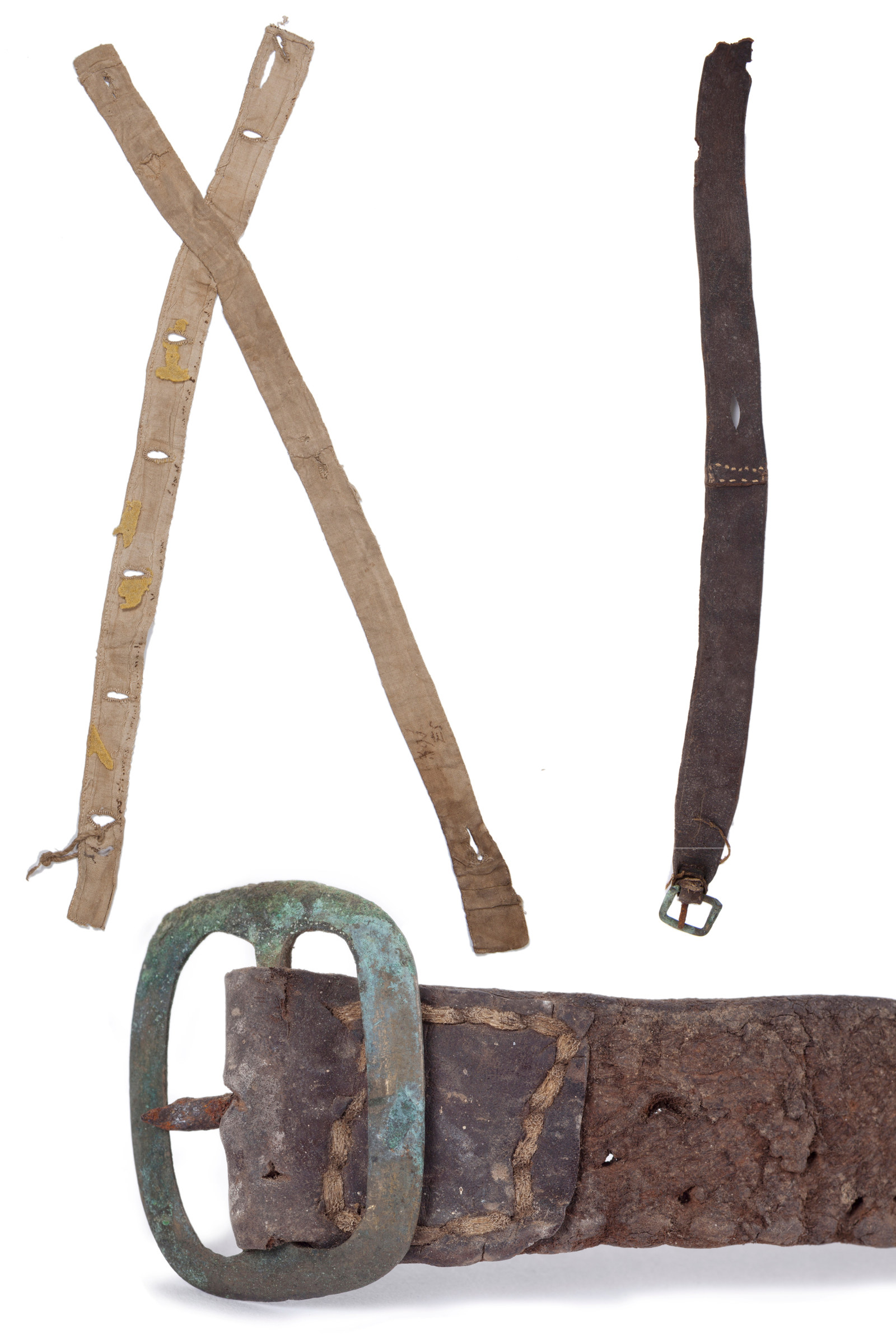
Convict Sydney
Convict braces and belts
Convict ‘slop’ clothing was one-size-fits-all, so some convicts had to improvise ways to keep up their baggy trousers
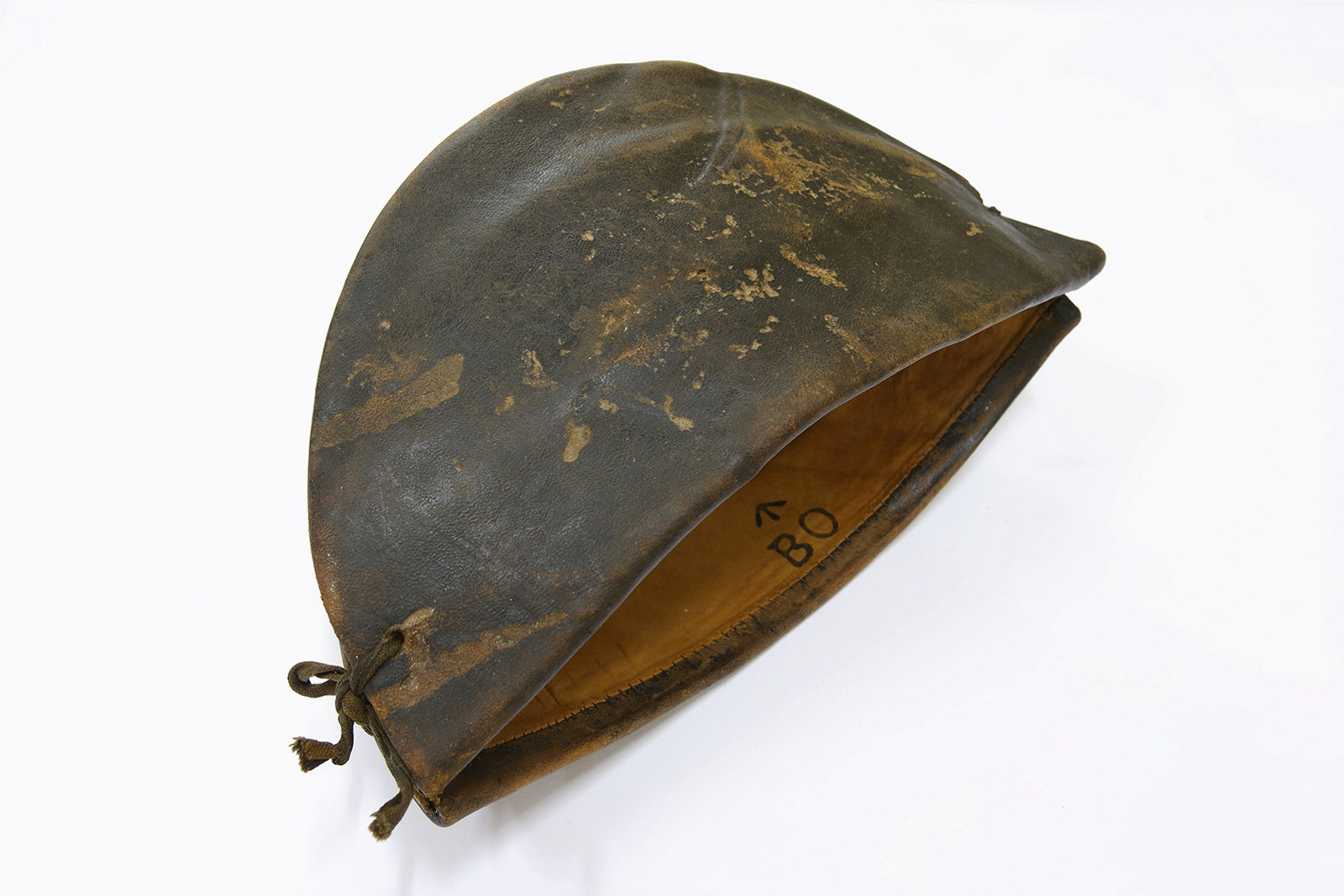
Convict Sydney
Convict cap
A hat was known as a castor or a kelp in the convict ‘flash’ slang language
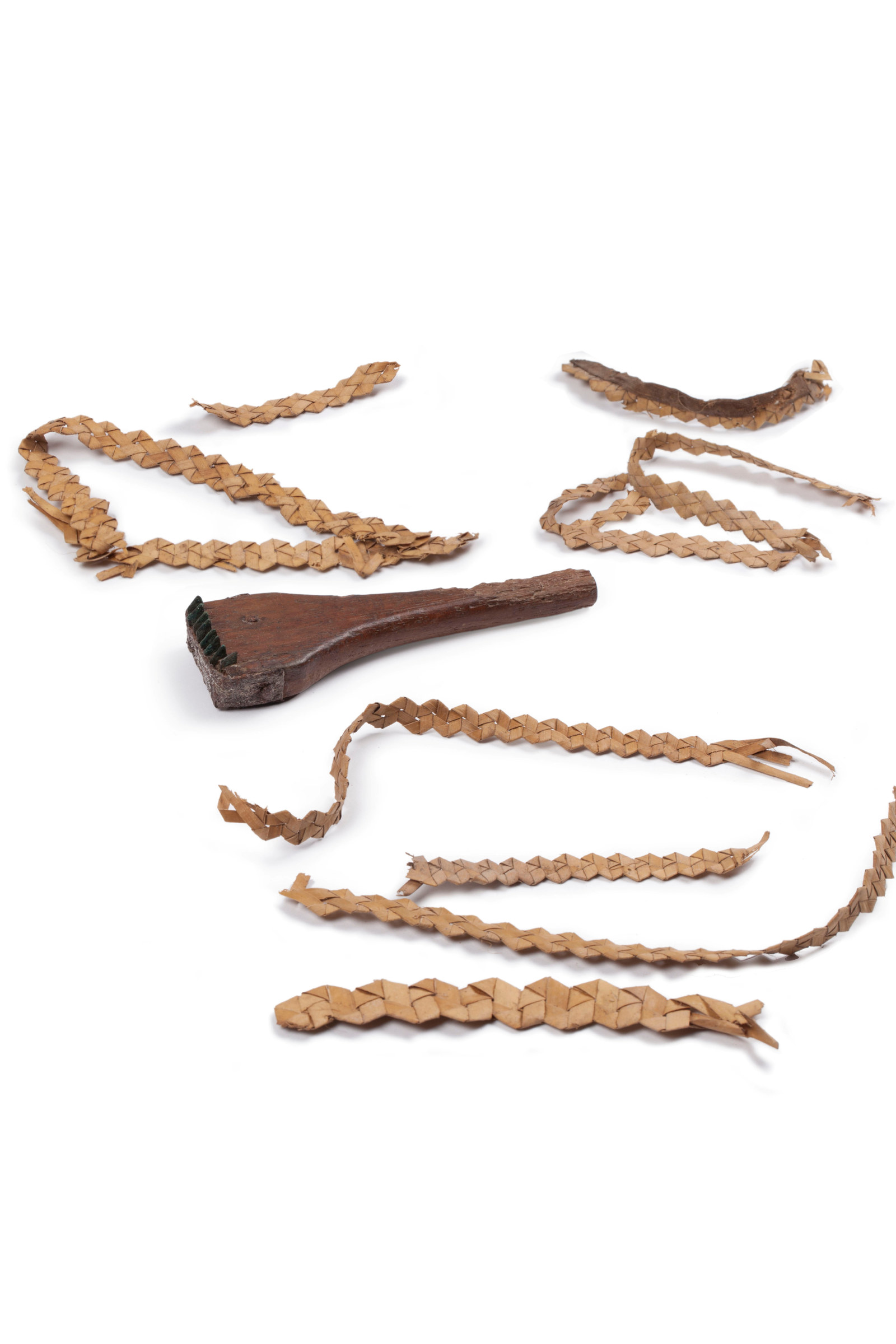
Convict Sydney
Convict hat sennets and leaf shredder
This shredding tool and ‘sennets’ or fragments of plaited cabbage tree palm leaves (Livistona australis) found beneath the floors of the Hyde Park Barracks were used by convicts for making hats
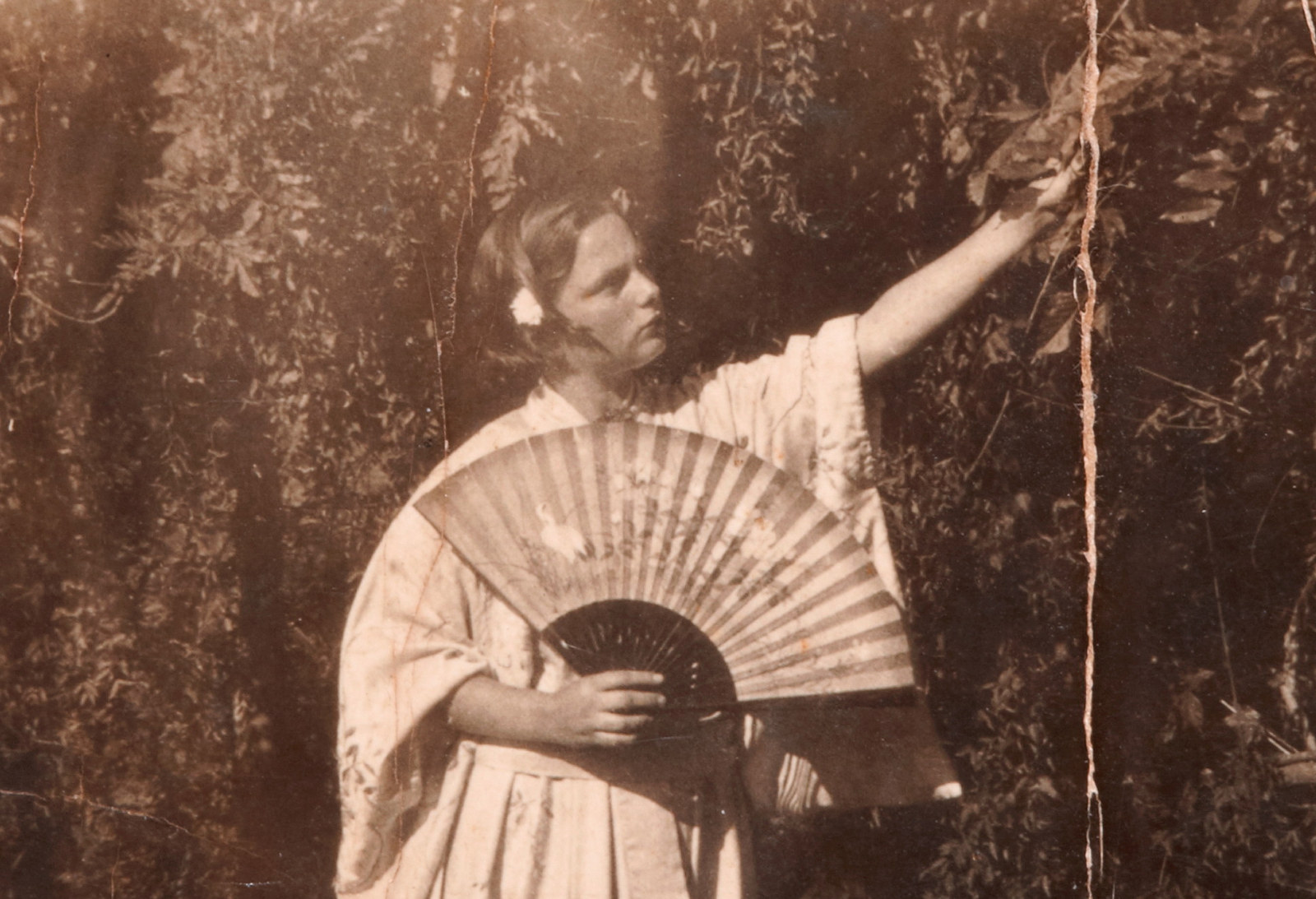
Keeping cool
Shading the face, fanning a fire into a blaze or cooling food, shooing away insects, conveying social status, even passing discreet romantic messages - the use of the fan goes far beyond the creation of a breeze
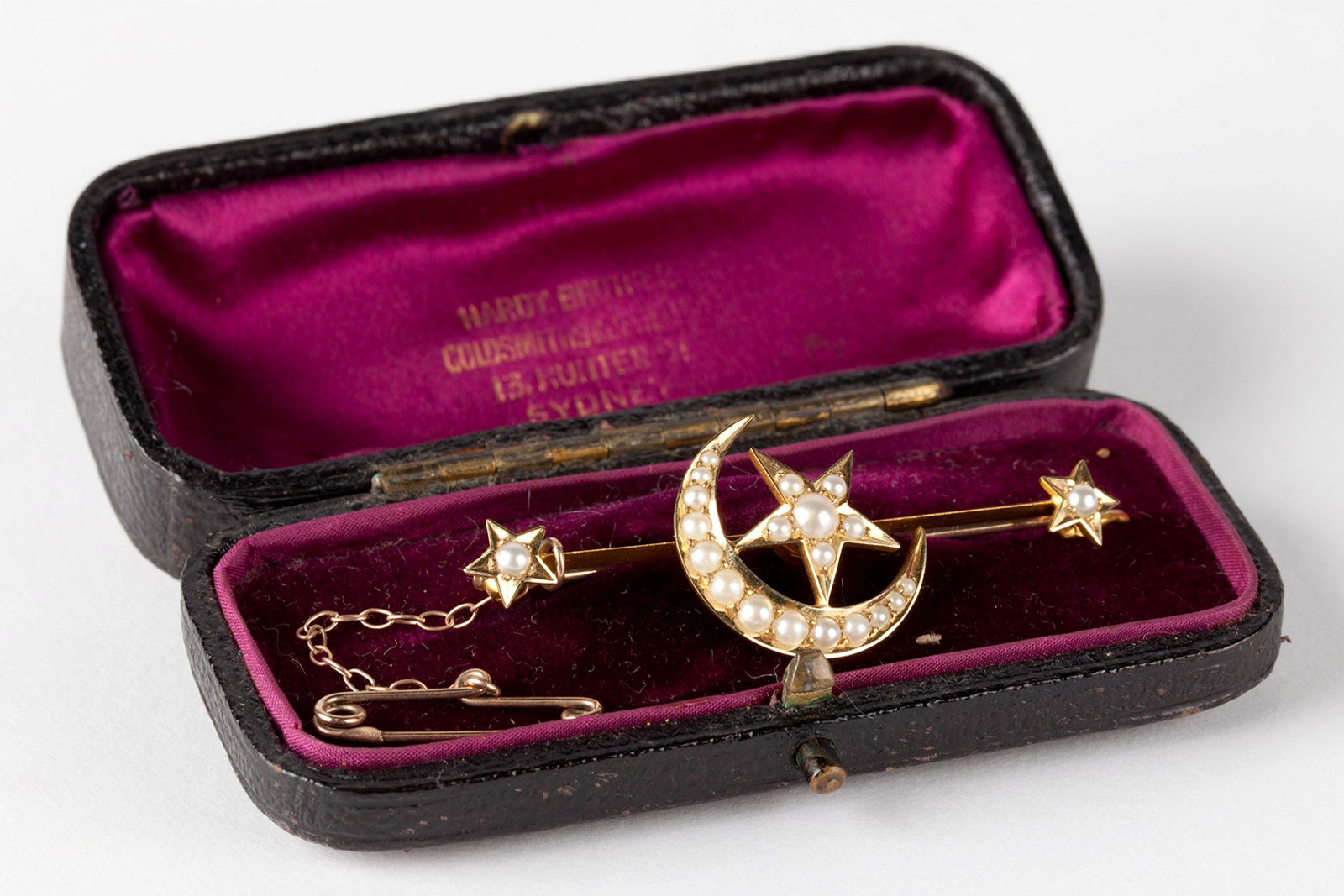
Baubles, brooches & beads
We wear jewellery as articles of dress and fashion and for sentimental reasons – as tokens of love, as symbols of mourning, as souvenirs of travel